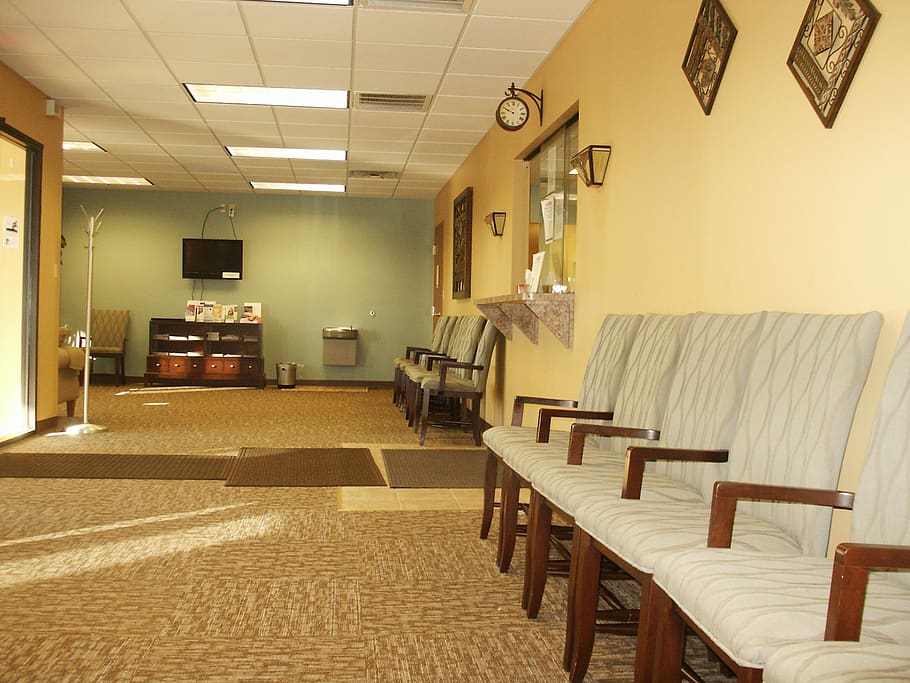The stories of delayed diagnoses leading to bad outcomes are being repeated across nearly every specialty as sick people avoid attending GP clinics and hospitals due to the pandemic
“The man who died on me yesterday developed community-acquired bacterial pneumonia. He was not prepared to see any doctor or go to any hospital because he was convinced he would get COVID-19 and die from that. He prolonged his time to presentation to 12 days by which time he had multi-organ failure and was unsalvageable from the bacterial pneumonia. He was COVID-negative.”
This tragic turn of events happened just a few weeks ago in Adelaide on Associate Professor Hubertus Jersmann’s watch. Professor Jersmann is a senior respiratory physician at SA Health and Adelaide Hospital.
“What I’m personally seeing – and what I’m worried about – is illness and death, which are not directly COVID-related,” he said during an interview with RACGP president Dr Harry Nespolon on the Going Viral podcast.
This story of delayed diagnosis leading to bad outcomes is being repeated across nearly every specialty in every country in the world right now as sick people avoid hospitals and GP clinics for fear of contracting SARS-CoV-2.
In England, ED attendances were down 50% in late March compared with February, while ST-elevated myocardial infarction rates dropped by about 40% in Spain and the US during the early stages of the pandemic – a fall most likely explained by patients staying away from hospitals.
Unpublished data from Western Sydney, presented during a webinar on May 5 by endocrinologist Professor Mark McLean, showed that general practice attendances were down 15% in April compared with 2019, and that ED presentations were down 40 to 50%.
There has also been an estimated 30% drop in ambulance call outs for chest pain in Victoria over the past few weeks.
And pathology testing is down between 30% and 40% in Australia because people are not visiting their GPs and getting tested, according to the Royal College of Pathologists of Australasia.
GPs also saw a sharp decline in face-to-face consultations in March and April, although flu vaccinations appear to be now enticing patients back into GP clinics. There have been close to six million flu immunisations this year compared with 2.5 million at the same time last year, according to Dr Nespolon.
Meanwhile, specialist consultations have also fallen a cliff. With non-urgent elective surgeries being cancelled through April, some slowdown was to be expected, but patients are also skipping regular appointments.
“Patients are just not coming to see us,” Associate Professor Heather Mack, a clinical ophthalmologist and the president of The Royal Australian and New Zealand College of Ophthalmologists, said.
The number of patients attending her practice had dropped by around 50%, she said.
Professor Mack was particularly concerned about patients with age-related macular degeneration skipping their regular injections.
“These appointments are already spaced out as much they can be,” she said. “And if the patients then are not coming then they’re really risking loss of control their retinal conditions. If they arrive three months late, we’re anticipating many of them will have deteriorated and that may well not be reversible.”
Professor Mack has been attending a virtual meeting of The Council of Medical Colleges every week and said the worry about patients missing important appointments was a “recurring theme”.
“Around 16 or 17 specialties are represented at the meeting,” she said. “All the specialists are noticing a decline in patient numbers and are concerned.”
AMA President Tony Bartone has been vocal in encouraging the public to resume going to see their GP. Patients could only put doctor appointments on hold for so long and, at some point, there would be a bump in presentations.
“We’re ready and waiting,” he told media. “Our waiting rooms are cleaner than ever. Infection control has been ramped up to the nth degree, social distancing measures are in place, we triage our patients before they present to the clinic, we’ve got separate entrances for respiratory cases.
“There are absolutely all measures in place to ensure that there is absolutely zero possibility of being exposed unnecessarily to anything. Don’t put off seeing them, because obviously you’re putting your health at risk.”


